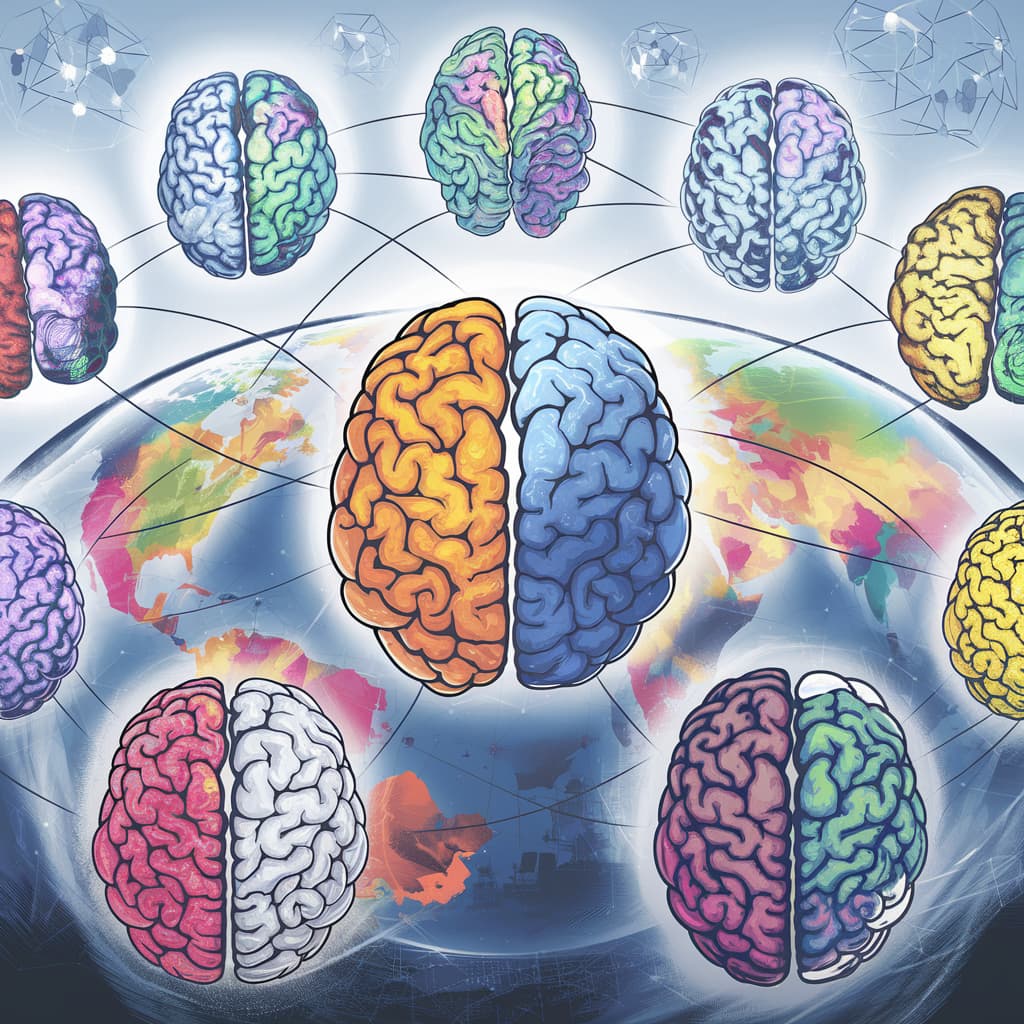
Misdiagnosis of Neurodivergence? A Growing Concern
Ever feel like your brain’s playing a game of charades, but the world keeps guessing wrong? Welcome to the misdiagnosis merry-go-round of neurodivergence. Misdiagnosis of neurodivergence is a growing concern that affects many individuals. So, let’s dive into why this happens, its impact, and how we can set the record straight.
What is Neurodivergence?
Neurodivergence refers to the diverse ways brains can function, moving away from the so-called “neurotypical” norm. Think of it as the brain’s version of jazz, improvising and creating unique rhythms. Common forms include:
- Autism Spectrum Disorder (ASD): Differences in communication, social interaction, and sensory experiences.
- Attention Deficit Hyperactivity Disorder (ADHD): Challenges with attention, impulsivity, and hyperactivity.
- Dyslexia and Dyspraxia: Affecting reading, writing, and motor coordination, respectively.
Although these conditions are distinct, they often overlap, making diagnosis like solving a Rubik’s puzzle blindfolded.
Unlock peak brain performance with science-backed biohacks. Join free now & get your guide for just £4.99 (45% off)!

Why Does Misdiagnosis Happen?
- Symptom Overlap: Neurodivergent traits can mimic mental health conditions like anxiety or depression, leading to a diagnostic mix-up.
- Bias and Lack of Awareness: Stereotypes and limited diagnostic criteria mean women and people of colour often get misdiagnosed or overlooked.
- Trauma Misinterpretation: Behaviours stemming from neurodivergence might be mistaken for trauma responses.
- Inadequate Assessment Tools: Many tools are designed with neurotypical individuals in mind, missing the unique ways neurodivergence shows up.
Consequences of Misdiagnosis of Neurodivergence
- Ineffective Treatment: Addressing the wrong issue is like putting a plaster on a leaky pipe—it doesn’t fix the problem.
- Emotional Distress: Misdiagnosis can lead to confusion and self-doubt, especially when individuals blame themselves for ongoing struggles.
- Missed Opportunities for Support: Without accurate identification, individuals miss out on interventions that could enhance their quality of life.
- Increased Stigma: Misdiagnosis perpetuates misunderstandings about neurodivergence, reinforcing stereotypes.
Addressing Misdiagnosis
- Holistic Assessments: Evaluations should consider neurological, psychological, and social factors to distinguish neurodivergence from other conditions.
- Training for Professionals: Educating clinicians and caregivers about the diverse presentations of neurodivergence can reduce diagnostic errors.
- Lived Experience Input: Including neurodivergent individuals in the diagnostic process ensures their perspectives are valued.
- Culturally Sensitive Practices: Adapting diagnostic tools to reflect cultural diversity can reduce biases.
Misdiagnosis of Neurodivergence: Conclusion
Misdiagnosis of neurodivergence is a pervasive issue with far-reaching implications. By improving diagnostic practices, challenging biases, and fostering greater awareness, we can create a more inclusive society where neurodivergent individuals receive the recognition and support they deserve. Accurate diagnosis is not just a medical concern but a vital step towards empowerment, understanding, and equity for all.
Join the Herbal Biohacker Community
At Herbal Biohacker, we’re passionate about exploring natural and holistic approaches to mental health. Join our community for insights, discussions, and support on your wellness journey.
Disclaimer
The information provided in this article is for educational purposes only and should not be considered medical advice. Always consult with a qualified healthcare professional before making any changes to your treatment plan.
Affiliate Disclaimer
Some of the links in this article are affiliate links, meaning we may earn a commission if you make a purchase through these links, at no additional cost to you. We only recommend products we believe will add value to our readers. Thank you for your support!






